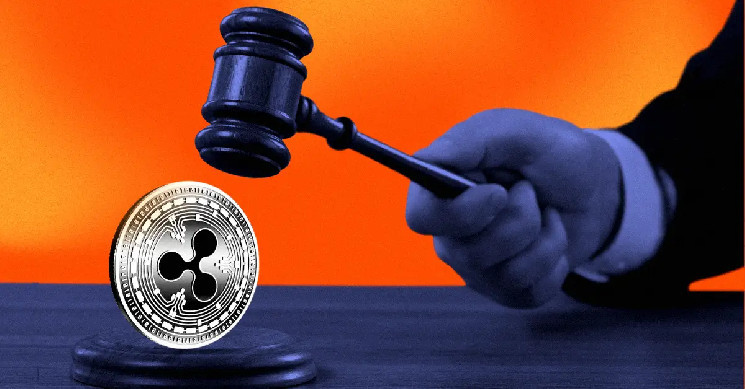The legal battle between Ripple and the SEC has been gaining momentum as the January 15 hearing approaches. John Reed Stark, a former SEC enforcement official and crypto skeptic, recently appeared on Docket Media LLC podcast and opened up about the historic Ripple decisions. He said that the Ripple ruling doesn’t provide broad legal clarity and should only be applied to cases with similar specific facts.
He criticized the Ripple decision, claiming that many people misunderstand the ruling, likely because they haven’t fully read it. He argued that Judge Torres was ‘mistaken on multiple counts, a view shared by other judges who have reviewed the case.
“There’s so many things about the Ripple decision that people get entirely wrong because I don’t think they read it. It’s completely… it’s respectfully to Judge Torres, I think she was mistaken on multiple counts, as does Judge Rakoff and every single other judge that has looked at that decision (thought),” he said.
Stark pointed out that the Ripple decision was twofold. First, he agreed that the initial offering of XRP tokens to sophisticated investors should have been registered as securities to protect those investors. However, Stark disagreed with the decision when it came to the secondary market, where XRP was traded on exchanges.
‘Ripple Decision Created Confusion’
He argued that the lack of a direct relationship between Ripple and retail investors meant they weren’t protected, which he believes is an unfair argument. Stark compared it to buying stocks in companies, where investors don’t have a direct contractual relationship with the company but are still protected under securities regulations.
Stark also criticized the Ripple decision for creating confusion, especially after pro-crypto companies began citing it to argue that tokens were not securities. In response, the SEC sought an interlocutory appeal, hoping to stop the ongoing proceedings. However, the judge rejected the SEC’s request, stating that the Ripple decision could not be used as precedent unless the exact same circumstances were present.
 coinpedia.org
coinpedia.org
